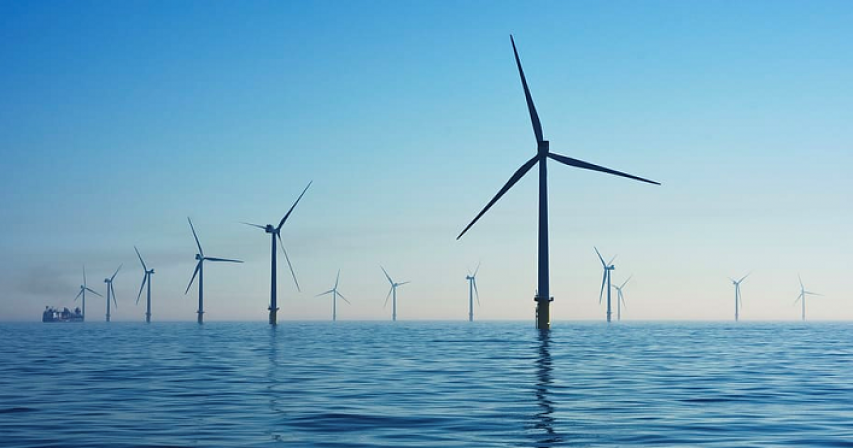Brexit is Official. What Will Happen with Green Energy?
- 5 years ago

Though Brexit became official only last month, it will continue to affect a lot for years to come. Severing ties with the EU will impact many of the country’s industries, but it will hit renewable energy the hardest. For example, the United Kingdom is the biggest producer of wind energy on the continent. Not only will it be difficult for the UK to keep their standing as the dominant wind energy producer because there is only so much wind, it will be tougher due to the fact that the free movement of people and goods will end. According to a new study from the industry bodies WindEurope and RenewableUK, the materials and expertise from Europe is needed to keep them running.
Tariffs
A carefully planned trade deal is needed according to the study, or tariffs could be imposed on European material and services. Freedom of movement is important for EU engineers could be prevented from working there. Wind isn’t the only industry that the tariffs will effect. Solar and hydro will be impacted by the fact that less people will come work in the UK and materials will have to go through many more regulations and processes.
Brexit
The United Kingdom is leaving its largest trading partner, the 27 nations of the European Union. Free movement of goods, services, people, and capital between the UK and Europe will continue until the end of the year, but it will stop after that. The country will have strike deals with individual countries on trade and worker visas. The United Kingdom has to create 120,000 green energy jobs by the year 2030 in order to meet its targets on renewable energy.
The UK & Renewable Energy
Currently the United Kingdom is a world leader in renewable energy. According to the site MoneyPug, which is known as an energy price comparison, last year the country generated nearly 50 percent of its electricity from non-fossil sources. Outside of the EU, there are concerns that the UK will fall behind in renewable development. Skilled personnel are needed to develop and maintain renewable energy facilities. For example, German engineers are integral to the UK offshore wind farms, the UK needs them to continue their standing as the number one producer of wind energy.
Relations with the Rest of the World
Not only will the relationships between the United Kingdom and the rest of the EU will be impacted by Brexit, the country’s relationship with nations outside the EU will also be affected. For example, relationships with China and Japan are negotiated with the EU, which makes it easier for member countries to get deals for Japanese engineers and Chinese materials. Whether its fiber fabrics from China or steel from Japan, importing these products will change.
The Future of Renewables
The study from WindEurope and RenewableUK comes at a time when the industry is unstable. Britain has a strong record with renewable energy, there has been a slow in the growth of renewables. Wind is the cheapest way of producing electricity in the UK, new onshore installations fell by nearly 80 percent in 2018. Only one wind farm was built last year, the result of government policies.
The government has gotten rid of subsidies for solar panels, which has led to a 94 percent reduction in the installation of domestic solar last year. Politicians in the UK are cutting some of the assistance for renewables. This comes at a bad time, as Brexit will make it more difficult for the country to produce green energy. To keep its standing as number one wind producer and other green energy, the UK will have to invest more in these industries.
With Brexit official, Britain will have to try hard to keep their standing as a renewable producer. It will take even more to thrive and boost their industries. This is necessary, and Brexit will negatively impact the country’s ability to produce and use renewable power.
Comments